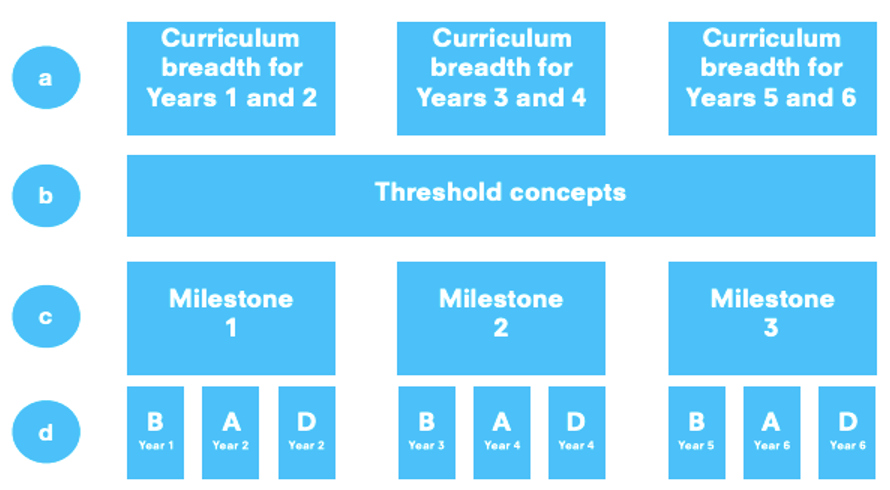Curriculum
Curriculum intent
Intent:
At Cherry Willingham Primary Academy, we share the Trust’s Mission statement: ‘to improve the life chances of pupils so they become true citizens of the world’
The Academy believes in providing a safe, stimulating learning environment where pupils become curious, courageous, passionate and generous learners who have the wisdom to make informed choices about all aspects of their life.
The breadth of our curriculum is designed with three goals:
1. To give pupils appropriate experiences to develop as confident, responsible citizens;
2. To provide a rich ‘cultural capital’;
3. To provide a coherent, structured, academic curriculum that leads to sustained mastery for all and a greater depth of understanding for those who are capable.
Pupils study the full curriculum as exemplified by the national curriculum from Year 1 and the Early Years Foundation stage curriculum underpinned by Development Matters in Reception. The rich ‘cultural capital’ within our curriculum is designed to provide the experiences the pupils need to deepen their knowledge and skills through their primary education and beyond. We are ambitious for all pupils, recognising their uniqueness and rights as individuals.
Appropriate Experiences
We have developed five curriculum drivers that shape our curriculum, bring about the aims and reflecting the values of our academy, and to respond to the particular needs of our community.
- Wisdom - Provide clearly sequenced, quality learning which recognises prior knowledge for all learners including those who are disadvantaged or SEND, complying with our duties under the Equality Act 2010 and the Educational Needs and Disability Regulations 2014.
- Curiosity - Enable our pupils to develop curiosity and motivation and to become aspirational learners.
- Passion - Support the whole child ensuring that physical development, well-being and mental health are part of learning and the deepening of knowledge and skills.
- Generosity - Celebrate the diversity and utilise the cultural wealth of the academy community and support the pupil's spiritual, moral, social and cultural development in order to be caring citizens in society.
- Courage - Develop resilient learners who are proud of themselves, recognise their achievements and challenge themselves to deepen their knowledge.
Cultural Capital
Cultural capital is the background knowledge of the world pupils need to infer meaning from what they read. It includes vocabulary which, in turn, helps pupils to express themselves in a sophisticated, mature way.
A Coherently Planned Academic Curriculum
Underpinned by the three drivers, our academic curriculum sets out:
- A clear list of the breadth topics that will be covered;
- The ‘threshold concepts’ pupils should understand;
- Criteria for progression within the threshold concepts;
- Criteria for depth of understanding
The diagram below shows the organisation for our curriculum structure building on from the Early Years’ Foundation Stage curriculum.

a. The curriculum breadth for each year group ensures each teacher/team has clarity as to what to cover. As well as providing the key knowledge within each subject, it also provides from pupils’ growing cultural capital. This is sourced from the National Curriculum.
b. Threshold concepts are the key disciplinary aspects of each subject. They are chosen to build conceptual understanding within subjects and are repeated many times in each topic.
c. Milestones define the standards for the threshold concepts.
d. Depth: we expect pupils in the first year of the milestone to develop a Basic (B) understanding of the concepts and an Advancing (A) or Deep (D) understanding in the second year of the milestone. Phase one (Years 1, 3 and 5) in a milestone is the knowledge building phase that provides the fundamental foundations for later application.
In order for learning to be embedded, it is acknowledged that the learning must not be rushed and will involve a high degree of repetition so that knowledge enters pupils’ long-term memory. If all of the core knowledge is acquired quickly, teachers create extended knowledge.
Sustained mastery
Nothing is learned unless it rests in pupils’ long-term memories. This does not happen, and cannot be assessed, in the short term. Assessment, therefore answers two main questions:
- How well are pupils coping with curriculum content?
- How well are they retaining previously taught content?
Implementation
Our curriculum design is based on evidence from cognitive science; three main principles underpin it:
1. Learning is more effective with spaced repetition.
2. Interleaving helps pupils to discriminate between topics and aids long-term retention.
3. Retrieval of previously learned content is frequent and regular, which increases both storage and retrieval strength.
In addition to the three principles, we also understand that learning is not always visible in the short-term and that sustained mastery takes time. Learning is planned for and designed with understanding of pupils’ developing cognition to ensure that the learning is accessible, manageable in terms of cognitive load and with the opportunity to deepen and challenge existing knowledge and skills.
Some of our content is subject specific, whilst other content may be combined in a cross-curricular approach. Cross-curricular learning can be used where the learning reinforces and deepens the other curricular knowledge. Continuous provision, in the form of daily routines, replaces the teaching of some aspects of the curriculum and, in other cases, provides retrieval practice for previously learned content.
The curriculum is enriched through a range of planned for experiences including clubs, events, visits, performances and competitions.
Impact
The impact on our children is that by the end of each Milestone, the vast majority of pupils have sustained mastery of the content, that is, they remember it all and are fluent in it; some pupils have a greater depth of understanding. We track carefully to ensure pupils are on track to reach the expectations of our curriculum.
References:
Chris Quigley
Herman Ebbinghaus
Barak Rosenshine
Support videos:
